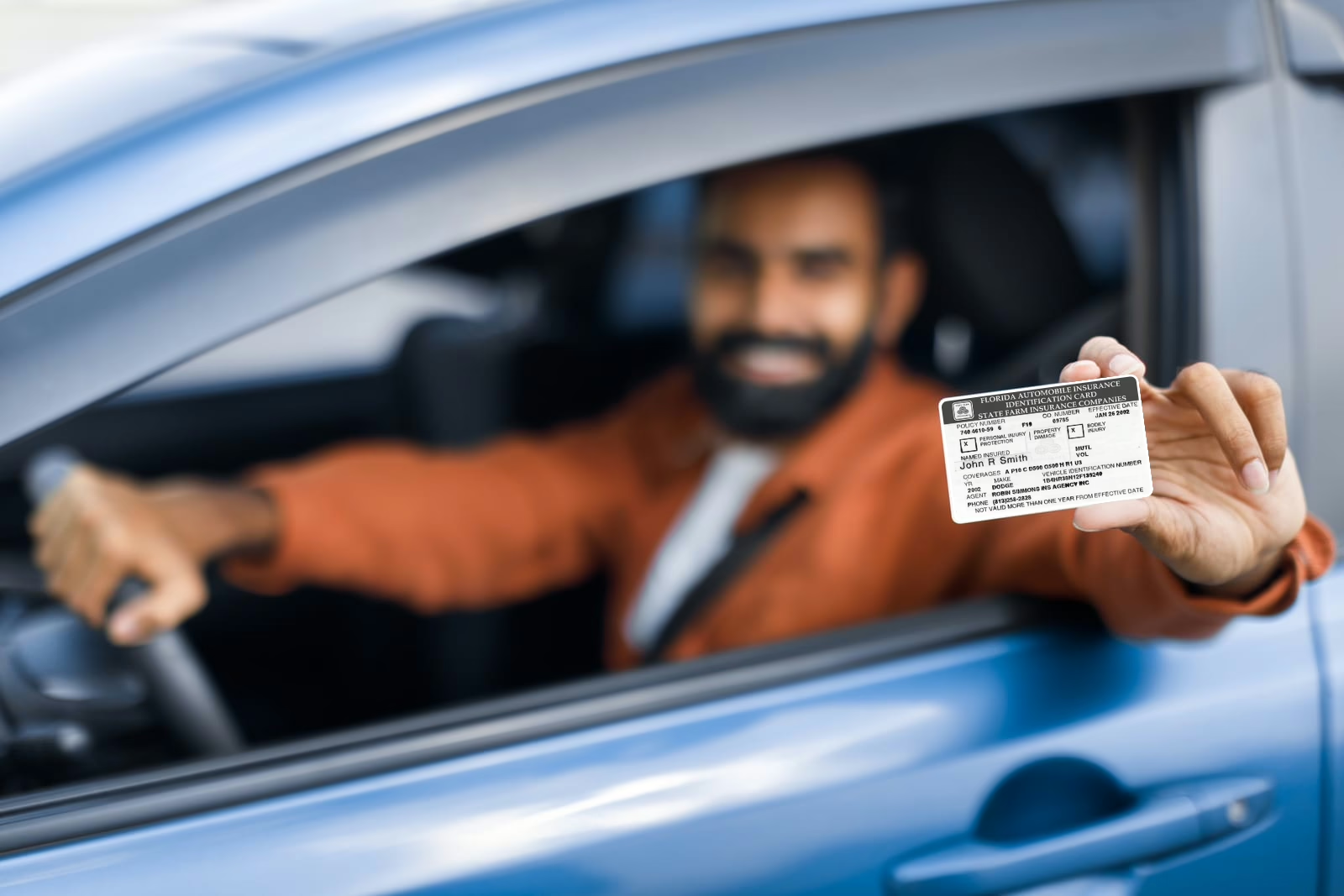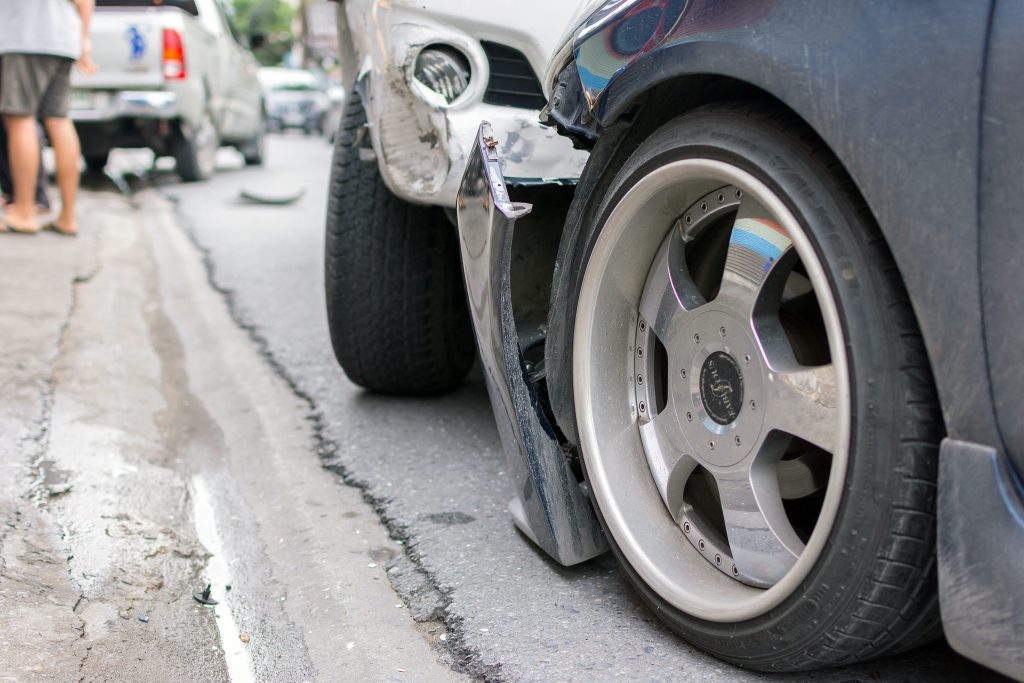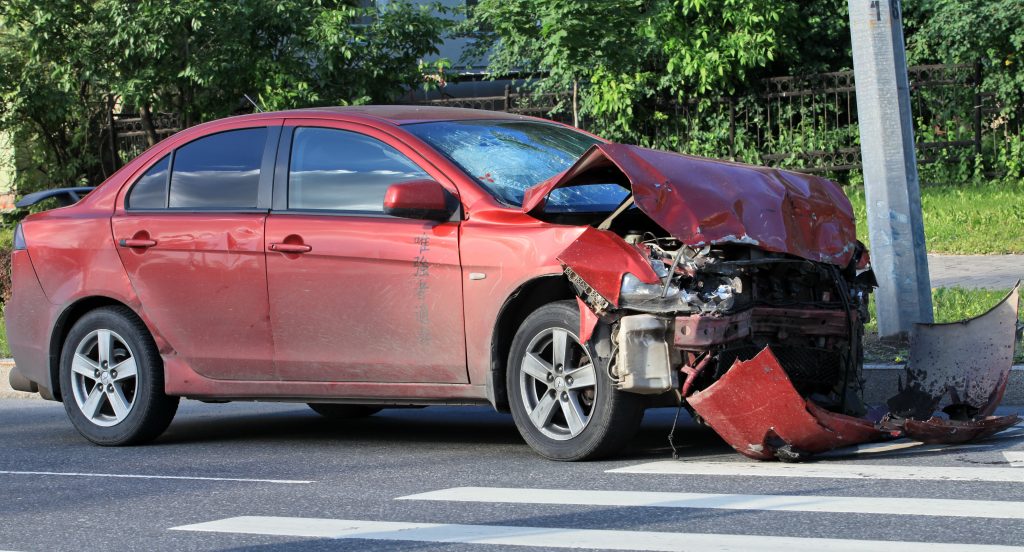How Do You Find Out What Kind of Car Insurance You Have in Florida?
Car insurance is essential for protecting yourself and others in the event of an accident. However, many people are unclear about the specifics of their own insurance policies—what coverage they have, what their limits are, and how their policies protect them.
Understanding your car insurance coverage is crucial, especially after an accident, to ensure that you receive the compensation and protection you’re entitled to.
Here’s a comprehensive guide to help you determine what kind of car insurance you have and why it’s vital to know this information.
What Are The 4 Things to Check When Determining What Kind of Car Insurance You Have?
Knowing the details of your car insurance policy is easier than you think. Follow these steps to access and understand your coverage:
1. Check Your Insurance Card
Your insurance card provides a quick snapshot of your policy. It typically includes:
- Your policy number.
- The name of your insurance provider.
- Contact information for claims.
- Basic details like your policy’s effective dates.
It’s best to keep this card in your vehicle at all times for easy access.
2. Review Your Policy Documents
Your policy documents offer a detailed breakdown of your coverage. Look for the following key components:
- Liability Coverage: This covers damage or injury to others if you’re at fault.
- Comprehensive Coverage: This protects against non-collision events like theft or natural disasters.
- Property Damage: This pays for damage to other people’s property if you are at fault.
- Collision Coverage: This pays for repairs to your vehicle after an accident.
- Uninsured/Underinsured Motorist Coverage: This provides protection to you or anyone in your vehicle at the time of the accident if you’re in an accident with someone who either lacks adequate insurance or has no insurance at all. This also provides protection to you if you do not know who the other driver is, like in a hit-and-run collision.
- Personal Injury Protection (PIP): This covers medical expenses for you and your passengers, regardless of fault.
If you’re unsure how to interpret the documents, contact your insurance provider for clarification.
3. Contact Your Insurance Agent
Your insurance agent is a valuable resource for understanding your policy. They can explain:
- What your coverage limits are
- How much will your deductibles be?
- Any exclusions or restrictions in your policy?
Don’t hesitate to ask questions or request additional documentation.
4. Use Your Insurance Company’s Online Portal or App
Most insurance providers offer online tools that allow you to review your policy details. After logging in, you can often view:
- What types of coverage do you have?
- Coverage limits and deductibles.
- Payment history and upcoming premiums.
These tools make it easy to access and update your insurance information from anywhere.
Ana Grimsley
Worked with Caroline, she's quick and detailed. Great experience. RTRLaw was incredible from start to finish. The team was professional, caring, and always kept me informed. I felt supported every step of the way. Truly a 5-star experience!
Why Is Knowing Your Insurance Information Important After an Accident?
Understanding your car insurance coverage is particularly critical after an accident. Here’s why:
1. It Helps You File a Claim Efficiently
Knowing the details of your policy ensures you can provide accurate information when filing a claim. This includes your policy number, coverage limits, and the types of incidents your policy covers.
2. It Ensures You Receive the Right Compensation
Understanding your coverage helps you avoid out-of-pocket expenses for damages or medical bills that should be covered by your policy. For instance:
- If you have uninsured motorist coverage, you can still recover damages even if the at-fault driver lacks insurance.
- If you carry collision coverage, your vehicle repairs will be covered regardless of fault.
3. It Helps You Meet Legal Requirements
Florida, like many states, requires drivers to carry certain types of insurance, such as Personal Injury Protection (PIP). Knowing your coverage ensures compliance with state laws and protects you from potential fines or penalties.
4. It Aids in Negotiating with Insurers
Insurance companies may attempt to minimize your claim payout. When you’re informed about your policy, you can advocate for the compensation you deserve and avoid being shortchanged.
What Should You Do If You Discover Gaps in Your Coverage?
Sometimes, reviewing your policy reveals gaps in your coverage that could leave you vulnerable. Here’s how to address them:
- Upgrade Your Policy: If you’re missing key coverages like uninsured motorist or comprehensive coverage, speak with your agent about adding them.
- Increase Coverage Limits: Ensure your liability limits are high enough to protect your assets in case of a serious accident.
- Shop Around: Compare policies from different insurers to find one that offers better protection at a competitive rate.
By proactively addressing gaps in your coverage, you can ensure that you are better protected against unexpected financial burdens in the event of an accident. Taking the time to upgrade your policy and explore your options now can save you significant stress and expense in the future.
How RTRLAW Can Help After an Accident
If you’ve been in an accident, understanding your insurance coverage is just one piece of the puzzle. At RTRLAW, our experienced personal injury attorneys in Florida can:
- Review Your Insurance Policy: We’ll help you understand the rights in your policy and identify all possible sources of compensation.
- Negotiate with Insurers: Insurance companies often prioritize their profits over your needs. We’ll handle all communications and fight for the maximum compensation you deserve.
- Pursue Legal Action if Necessary: If your claim is unfairly denied or undervalued, we’re prepared to take your case to court to secure a fair outcome.
Our team is dedicated to helping accident victims recover physically, emotionally, and financially. Knowing the details of your car insurance policy is essential for protecting yourself after an accident. From understanding your coverage to filing a claim and negotiating with insurers, being informed is your first step toward recovery.
If you’re struggling to navigate the complexities of an auto accident claim or need assistance understanding your rights under your insurance policy, RTRLAW is here to help. Contact us today for a free consultation by calling 1-833-HIRE-RTR or visiting our website. Let us fight for the justice and compensation you deserve.
Revision History:
- Jan 13, 2026 at 6:53 am by Lance Rudzinski (displayed above)
- Jan 9, 2026 at 4:10 am by victor
- Dec 26, 2025 at 10:58 pm by victor
- Dec 26, 2025 at 10:35 pm by victor


 CALL US NOW
CALL US NOW TEXT US NOW
TEXT US NOW



























